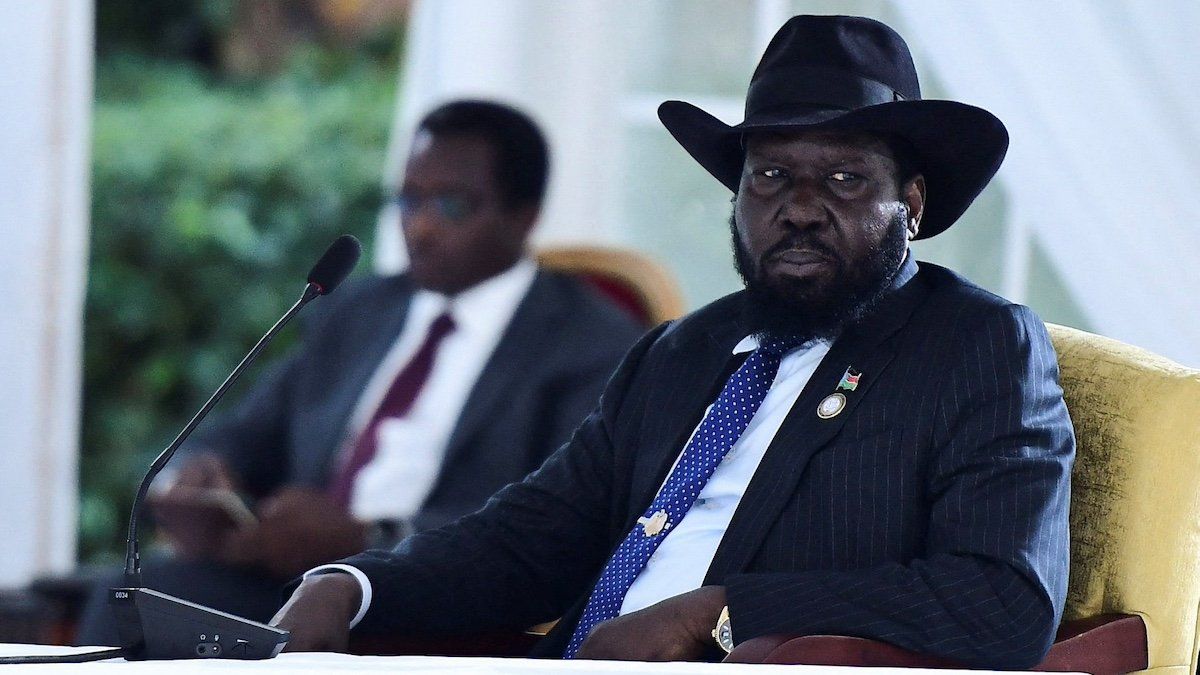South Sudan’s main oil export pipeline has been caught in the crossfire of the brutal civil war ripping across its northern neighbor, threatening the country’s economy and power structure. The fighting means engineers can’t access the pipeline to repair damage, so South Sudan declared “force majeure” earlier this month, essentially absolving it of certain contractual obligations.
South Sudan is the least developed country in the world after Somalia, according to the UN’s Human Development Index, and some 90% of the country’s revenue comes from oil exports. Between two thirds and three quarters of its exports pass through Sudan, from which South Sudan broke away in 2011.
But very little of that revenue benefits ordinary citizens, as it is largely directed into “special projects” overseen by President Salva Kiir, who has been accused of corruptly diverting the funds. Experts told Al-Jazeera that Kiir uses the funds to pay off a tiny elite, who in turn keep him in power.
With the oil taps shut for the foreseeable future, South Sudan will likely face a currency depreciation, worsening the already grim economic situation. Without money to pay off elites, Kiir could also face a power struggle, particularly with (admittedly dubious) elections expected in December. Juba may not even have the cash to hold sham contests, which could spark unrest.



















